| Content | Muslim Identity in the 21st Century Challenges of Modernity Edited by M.S. Bahmanpour and H. Bashir "Muslim Identity in the 21st Century: Challenges of Modernity" is a collection of articles presented at an international conference with the same titles, in London from October 31st to November 1st, 1998. The conference was meant to discuss and put forward solutions for the challenges facing Muslims, who as believing people, are trying to follow a written and divine shari'ah at the threshold of the 21st century, amidst the dramatic social, economic and political changes brought about by modern society. The book consist of thirteen articles which have been arranged in three chapters, entitled: "Muslim Ummah", "Muslim Identity in a Rationalized World" and "The Impact of Education and Communication Technology on Muslim Identity." The Institute of Islamic Studies - London, established in 1995, organized this conference. The Institute aims to examine, facilitate and co-ordinate research in the fields of Islamic history, literature, culture and civilization in close co-operation with the scholars who are actively engaged in researches in these fields. The Institute seeks to stimulate academic debate and discussion on issues related to Muslim affairs - especially Muslim communities living in Europe and North America - and analyze them in their political, social, economical, historical and cultural context. This conference was a step forward that should lead us to a better understanding of the challenges facing Muslims in the 21st century. M.S. Bahmanpour is a Visiting Fellow at the University of Cambridge. Dr. H. Bashir is the Dean of Oxford Academy for Advanced Studies and Managing Director of the monthly magazine "Discourse". Both are members of academic board of the Institute of Islamic Studies (London). - Institute of Islamic Studies (London) BookExtra Publishers
Heavily subsidized by www.islamicthought.co.uk | This text contains fifty chapters, each containing an important lesson on the fundamental beliefs of our faith that are especially relevant for the youth of today. Ayatullah Makarim Shirazi presents these lessons using both philosophical reasoning as well as Qur'anic verses, and concludes each lesson with a few relevant questions which are intended to increase understanding of that particular lesson.
HEAVILY SUBSIDIZED BY WWW.ISLAMICTHOUGHT.CO.UK | This book Shi`ah Advanced Seminary Its Phases, development and characteristics, takes you through a journey how the Hawza system work. Topics covered 1 History of two Hawzahs 2 Style 3 Hawzah flexibility 4 Political independence 5 Economic independence 6 spiritual independence 7 First to third phase 8 Powerful education system
HEAVILY SUBSIDIZED BY WWW.ISLAMICTHOUGHT.CO.UK
| This text begins introducing the (Duas) Definition of Prayer, and its importance. The author explains how prayers are accepted, and what acceptance of prayer can lead to in a believer's life. Beyond the literal recitation of the prayer, in this text we can find the etiquettes of prayer, and other aspects we must take into consideration.
Want to understand and put your heart into your Duas, this book will help you to do just that, ideal for people living in the west, simple do along technique's.
Topics covered 1 Definition of prayer 2 Requisites of Supplication 3 Obstacles and Hindrances 4 Lawful and Unlawful request 5 Supplication of Ahl al-bayt 6 Visitation: Its Monotheistic and Political dimensions.
HEAVILY SUBSIDIZED BY WWW.ISLAMICTHOUGHT.CO.UK | This book will take to an advance level spirituality by the great master "Alamah Sayyid Muhammad Husayn Tabatabai" want to get high on level self purification then this book is ideal. This text presents a series of twenty-one discourses related to the spirituality of Shi'ism and various key interesting topics in Islam.
Heavily subsidized by www.islamicthought.co.uk | Class 3 Fiqh by Majlis-e-Ulama Shia folder is used by most centres in UK. Topics covered (1) Furoo e deen (2) Concept of sin (3) Islamic terminology (4) Wudhu (5) Adhaan & Iqaamah (6) Salaah (7) Zakaat (8) Khumus (9) Hijaab (10) Ramadhan (11) Hajj. One of the best best Madressa available in English.
HEAVILY SUBSIDIZED BY WWW.ISLAMICTHOUGHT.CO.UK |

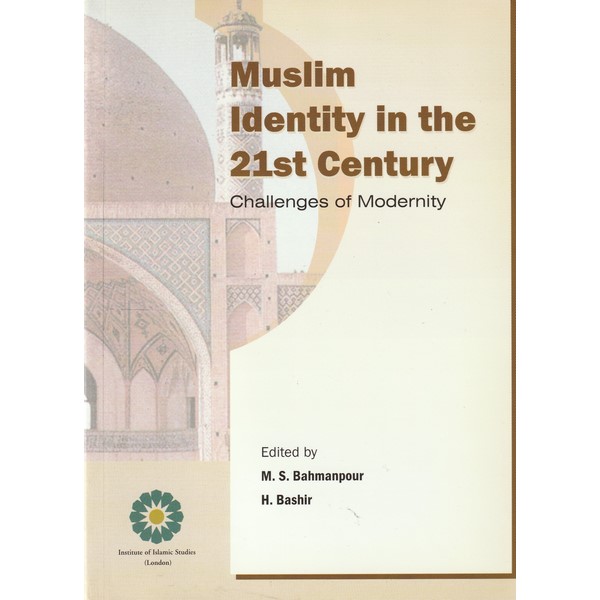
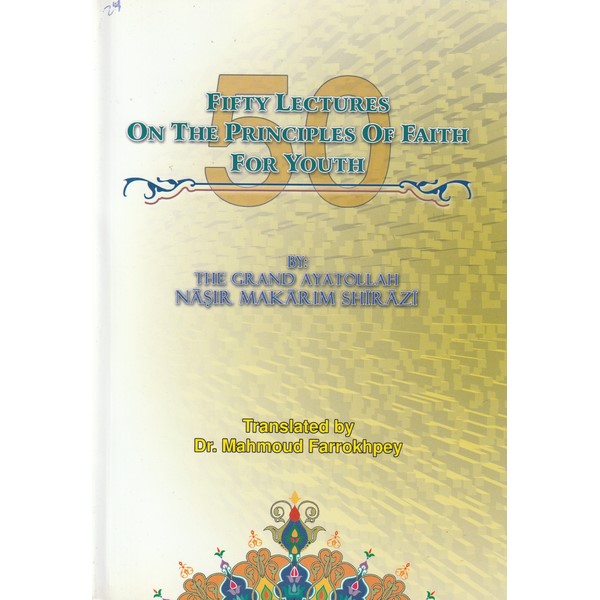
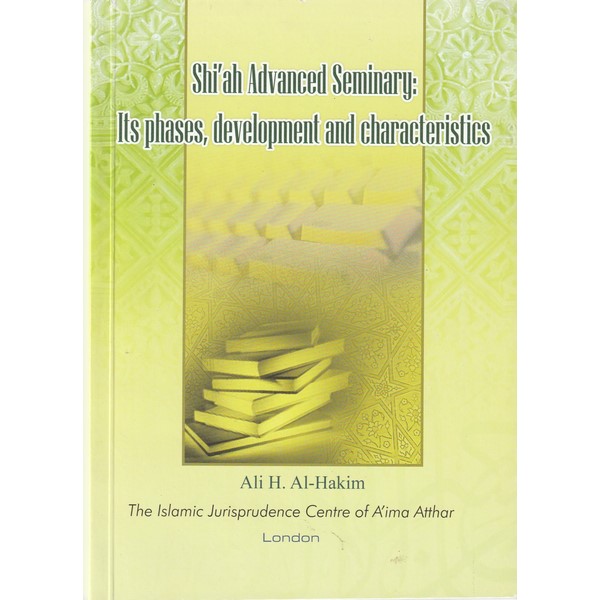
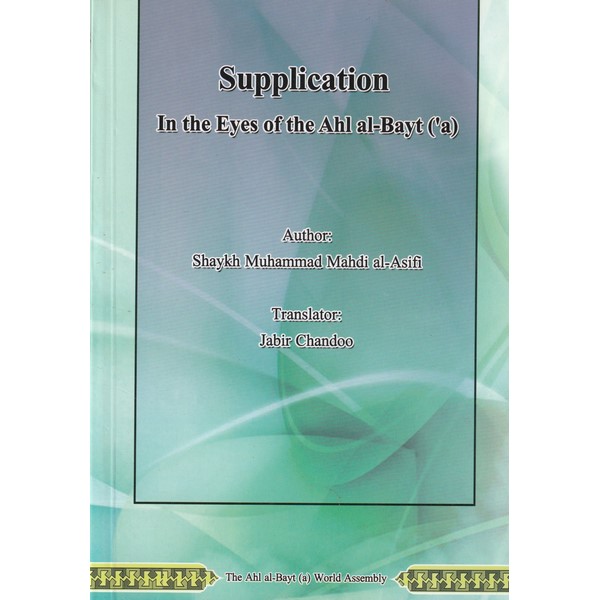
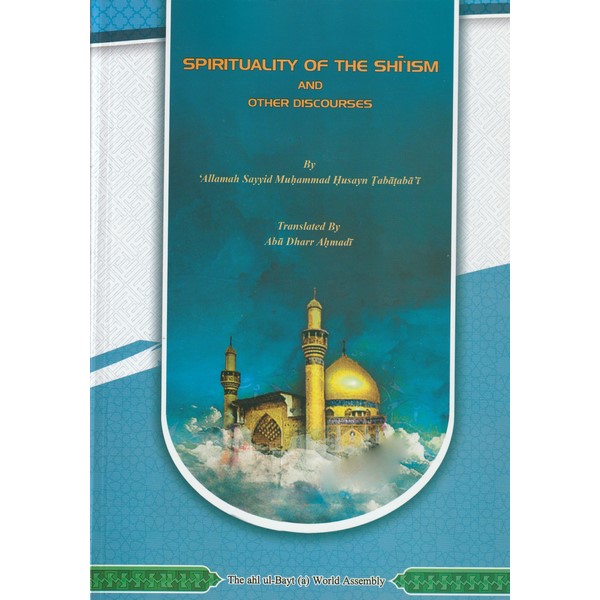
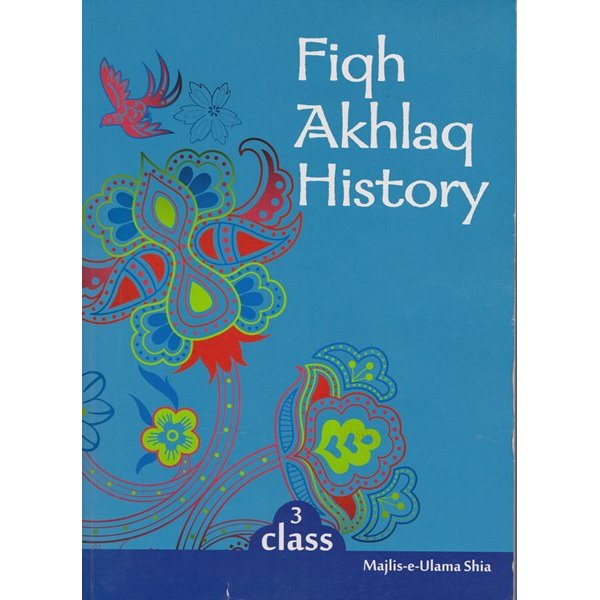
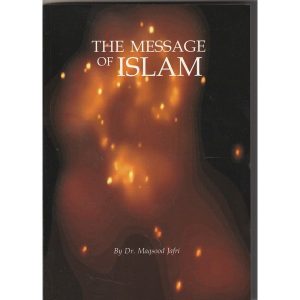
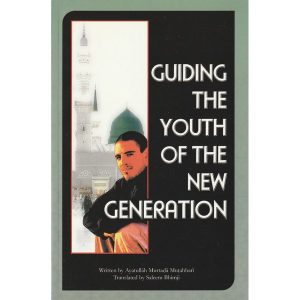

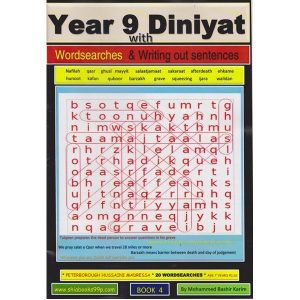
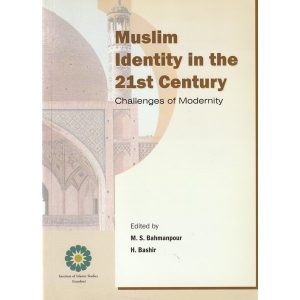
Reviews
There are no reviews yet.